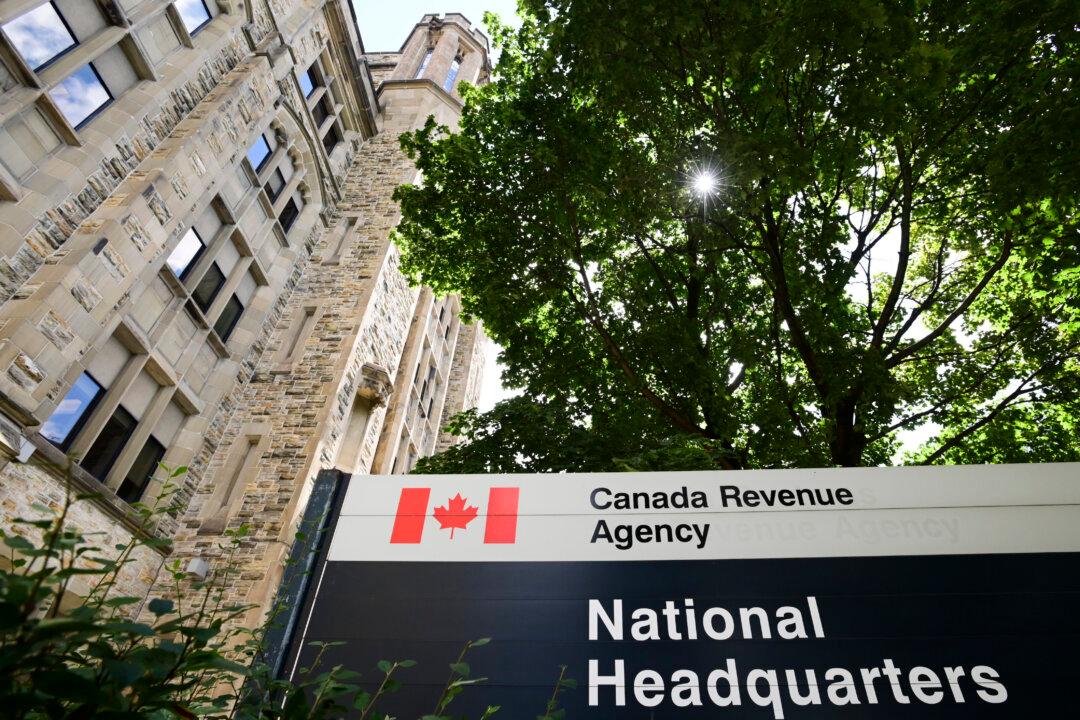The number of complaints levied against the Canada Revenue Agency in the past fiscal year set a new record high, according to Taxpayers’ Ombudsperson Francois Boileau, who said complaints against the federal agency are mostly related to individuals trying to obtain COVID-19 related benefits.
“The 2021–2022 fiscal year is yet another banner year for our office. Our team has received more complaints than ever before,” Boileau told reporters in Ottawa on Dec. 13.





